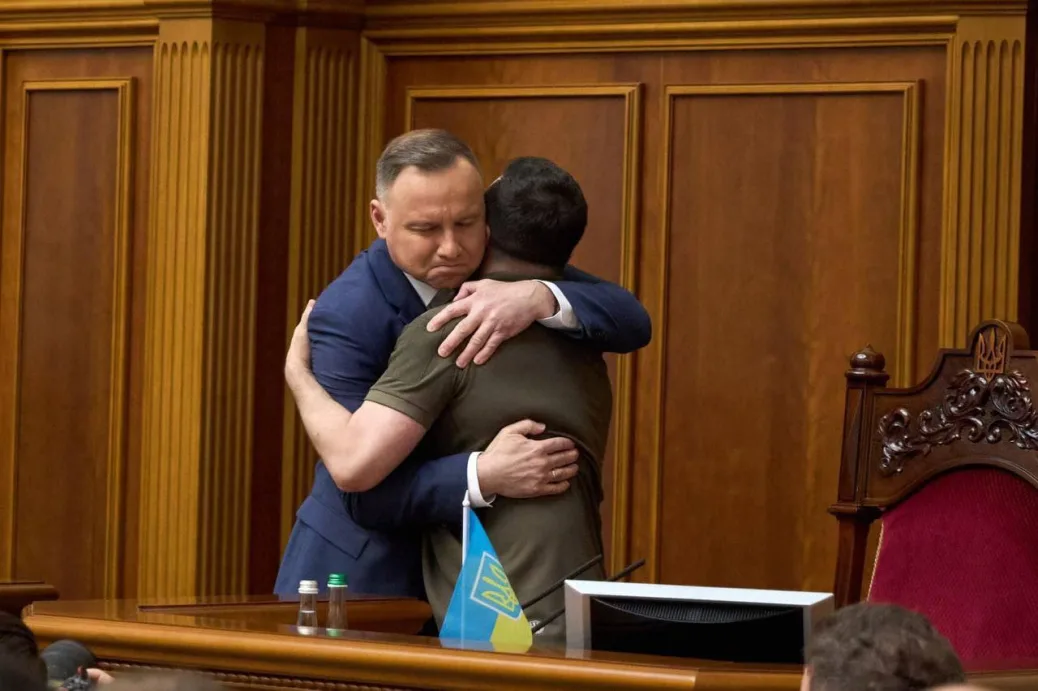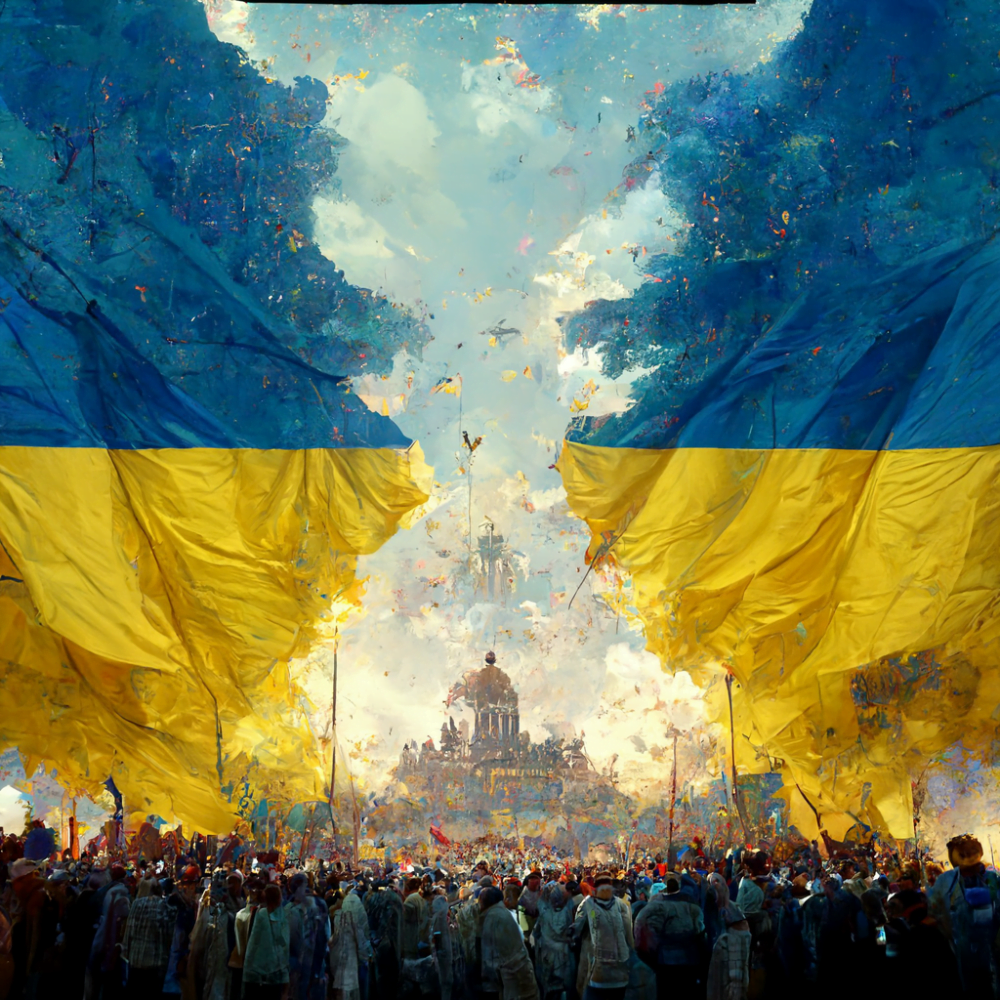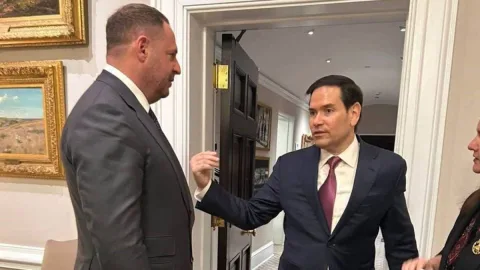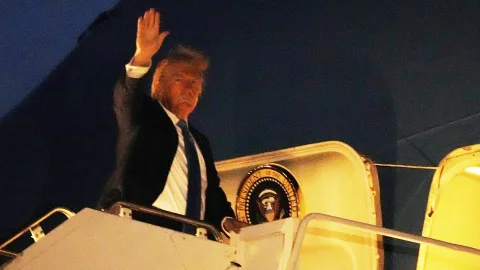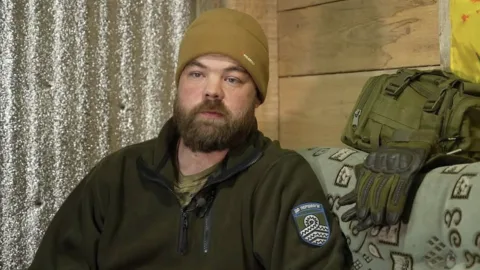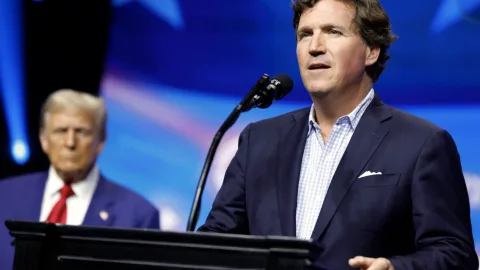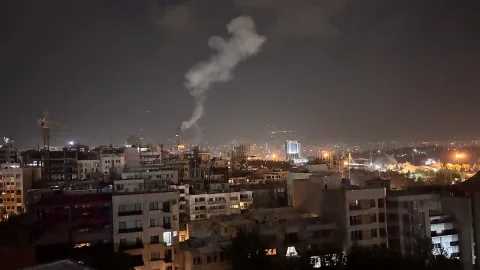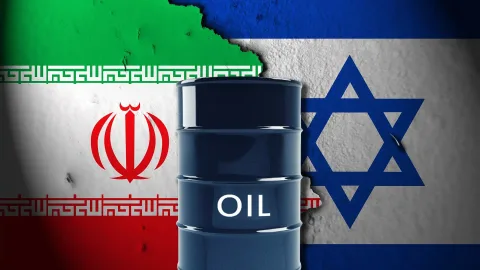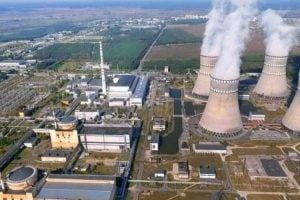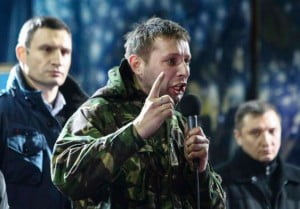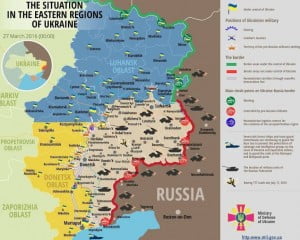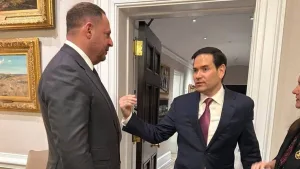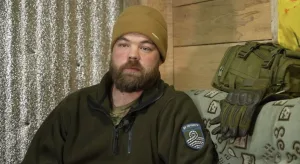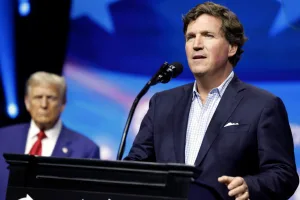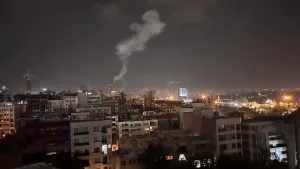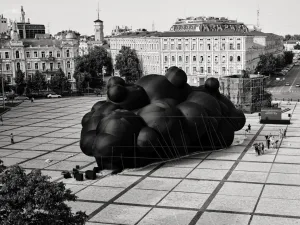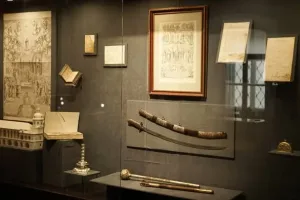When Poland Pretends to Be an Ally but Acts Like an Enemy: Imperial Relapse, Historical Hatred, Kremlin Echoes, and Duda as an Inquisitor, Not an Advocate of Truth.
On May 29, 2025, Polish President Andrzej Duda stirred controversy by expressing outrage at being greeted in Ukraine by people wearing armbands in “Banderite colors.” He further claimed that most Ukrainians are unaware of the Volyn tragedy, as the topic was allegedly suppressed during Soviet times.
From the head of a state that presents itself as a close ally of Ukraine in its fight against Russian imperialism, such a statement sounds less like support and more like a resurrection of Cold War-era propaganda.
Segments of the Polish political elite—particularly among right-wing conservatives—continue to perceive Ukrainians through an imperial, colonial lens. In Polish discourse, Ukrainians are often depicted as:
- Criminals, due to the events of 1943;
- Barbarians, drawing on interwar stereotypes;
- Or dangerous nationalists, whose struggle for freedom is equated with terrorism.
This is not accidental. It stems from a long-standing imperial mindset deeply rooted in Polish history—from the era of the Polish-Lithuanian Commonwealth, through the Second Republic, the Communist PRL, and even today’s Third Republic.
Before focusing exclusively on the 1943 Volyn events, Polish society must confront a series of its own historical aggressions—episodes that are often ignored or downplayed in Polish public discourse:
1. The Polish–Ukrainian War (1918–1919)
Following the collapse of Austria-Hungary, Poland immediately launched a war to seize the territory of the West Ukrainian People’s Republic. The region was annexed and subjected to political and cultural repression.
2. The “Pacification” of Ukrainians in the 1930s
The Second Polish Republic openly pursued a policy of “pacification” in Western Ukraine—burning churches and schools, arresting priests, and violently suppressing Ukrainian civic life. It was state-sponsored terror.
3. Massacres of Ukrainian Villages (1942–1944)
Prior to Volyn, Polish paramilitary groups (the Home Army, Peasant Battalions) attacked Ukrainian villages across Chelm, Podlachia, and Lemkivshchyna, killing civilians—often entire families.
4. Operation Vistula (1947)
After WWII, communist Poland deported over 140,000 Ukrainians from their ancestral lands in a mass ethnic cleansing operation. To this day, Poland refuses to recognize it as genocide.
The Polish narrative of Volyn is largely based on Soviet-era historiography—crafted by Stalinist propagandists like Józef Sobesiak and others. These figures were not impartial scholars but political operatives tasked with dividing Ukrainians and Poles to prevent any anti-Soviet unity.
Sobesiak himself was a Soviet GRU officer who led a Polish partisan unit responsible for the massacre in the village of Paroslya—a brutal act wrongly attributed to the Ukrainian Insurgent Army (UPA) and used to ignite interethnic violence.
The idea of a one-sided “Ukrainian genocide” of Poles is a distortion. The reality is far more complex, involving Soviet provocations, two-way violence, and a broader war environment.
President Duda’s recent remarks are not about truth, justice, or reconciliation. They’re about political leverage. By invoking painful historical narratives—selectively and one-sidedly—Polish leadership applies pressure on Ukraine at a time of existential crisis.
This is not statesmanship. It is opportunism cloaked in victimhood.
Ukraine does not deny its past. But historical dialogue must be mutual, honest, and free of coercion. Poland cannot dictate memory, especially not when its own record is riddled with unacknowledged injustices.
History is not a weapon. Truth is not a tool of foreign policy. And allies do not humiliate one another.
If Poland truly wishes to honor memory and build lasting friendship, it must look not only at Volyn—but also at Chelm, Zamość, Sanok, and Lemkivshchyna.
Only then can we talk about truth, reconciliation, and a shared future
Tags: Analytics news poland Politics Polska presidential election Ukraine
